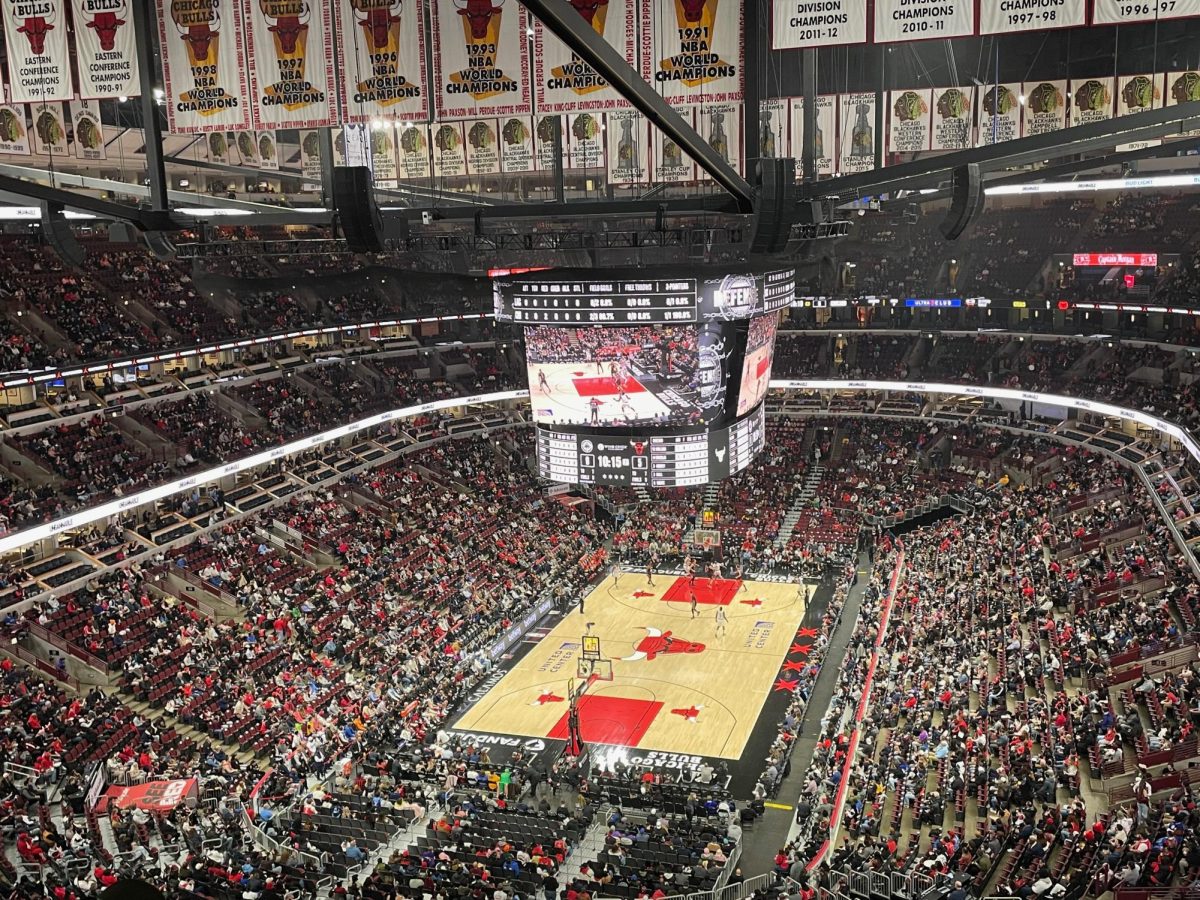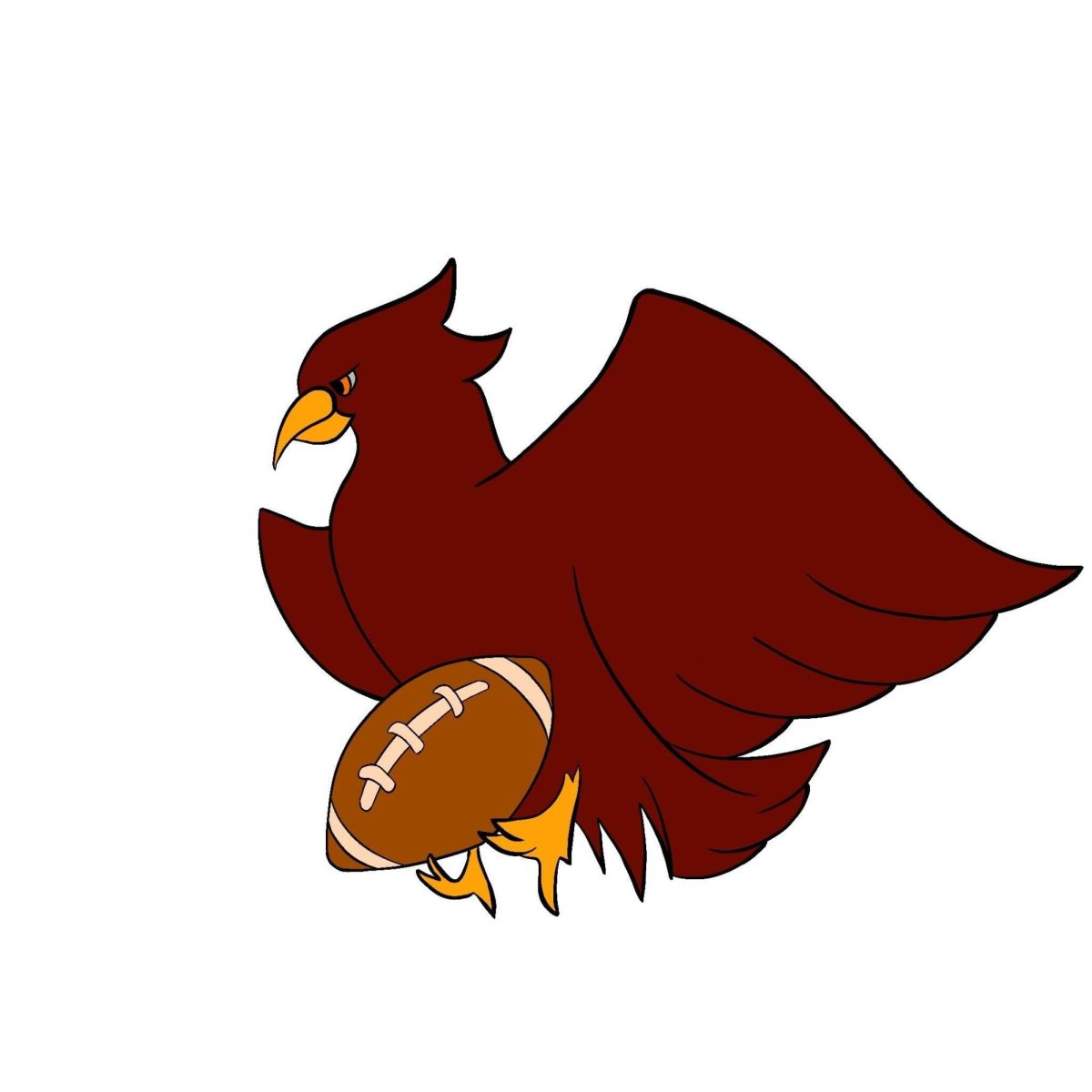On October 6, 1945 tavern owner Billy Sianis showed up at Wrigley Field to watch his Chicago Cubs play the Detroit Tigers in game four of the World Series. He had bought two tickets for the game, one for himself and one for his pet goat. Sianis had been accompanied by his animal friend to Wrigley many times before, but on this night he was denied admission because it was deemed that the goat stank too badly. After being turned away Sianis was heard saying, “After this year there will never be another World Series game played at Wrigley Field.” And there never has been.
On October 14, 2003 the Cubs were five outs away from breaking the 58-year-old curse of the Billy Goat. With a three run-lead and the most dominant pitcher in the National League on the mound, it looked as if legend was about to lose out to inevitability. Enter Steven Bartman.
In the top of the eighth, Marlins batter Luis Castillo lifted a fly ball into foul territory and the Cubs left fielder Moises Alou raced after it. Timing his jump perfectly, Alou reached his arm above the railing that separates the field from the bleachers. Just as he was about to make the catch and move the Cubs one out closer to the World Series, Bartman knocked the ball aside in a failed attempt to take home a souvenir. The goat was back in Wrigley, and the Cubs went on to give up eight runs in the inning, losing the game and eventually the series to the Marlins. During my second-year, my chemistry professor, whose name I will not mention, told our class that all actions and events in the universe can be explained simply by applying the elementary rules of physics and chemistry. Obviously this professor is an idiot.
On October 15, during game seven of the NLCS, Fox commentator Steve Lyons said, “The fact that Steve Bartman can’t leave his house without being hounded by fans and reporters and can’t go to work out of fear for his safety is indicative of everything that is wrong with American culture.” I say that you are wrong Mr. Lyons. The harassment of Steven Bartman by embittered fans embodies everything that is right with American culture, everything that is right with baseball, and everything that is right with the universe.
In the end it is clear that the universe, American culture, baseball, and this October’s playoffs all boil down to a battle between those same two opposing forces: capitalism and mysticism. In this year’s National League Championship Series, the Chicago Cubs, cursed by Sianis’s goat and without a world championship since 1908, faced the embodiment of American corporatism, the Florida Marlins.
Formed out of expansion in 1993, the Marlins have had two winning seasons in their history. In 1997, they bought and traded for enough hired guns to secure a wild-card birth in the playoffs and an eventual win in the World Series. A fire-sale ensued, and every player on the roster with even a hint of talent was sold off to the highest bidder. The Marlins lost 108 games the next season.
This year marks the second time the Marlins have won more than half their games and the second time that they are in the World Series. In one of the sweet ironies that marks every baseball occurrence, the 2003 Marlins are a young team that is mostly homegrown. In the five seasons since they last won it all, the Marlins’ project of “rebuilding” has actually come to fruition. The entire starting rotation and most of the offensive contributors came up through the minor leagues with no exposure to the distinctly American forces of greed and power that determined the rise and fall of the first Marlin championship team.
The Marlins of today play with an abandon and joy that itself seems a bit mystic in nature. “I love their enthusiasm and heart,” said Alex Shaft, a first-year from Miami. “They never give up: they always find a way to win a ballgame.” In all but one of their wins in this post-season, the Marlins have come from behind.
With a good deal of pitching harvested from their farm system but most of their hitters bought and traded for, it was the tradition-ridden Cubs that this year looked like the National League’s poster for consumerism. Ownership decided that it was time to deliver for the Windy City, but apparently no amount of money can defeat the spirits of a long-dead goat and his angry master. Over the past century, the Cubs have been a terrible baseball franchise and the near misses have been few and far between. As a result, Chicago fans have not been able to acclimate themselves to the sorrow that comes with fan interference, costly errors, and pitching implosions. “I need a drink,” is all second-year Alex Donnelly could relate after Wednesday’s loss.
The seventh game of an already classic American League Championship will begin a couple of hours after I write this. You will know as you read this whether the Boston Red Sox have a shot at winning their first World Series since 1918 or whether the Yankees have nailed down yet another trip to the fall classic.
Red Sox fans are more accustomed than Cubs fans to letting championships and division leads slip away. However, this year’s squad has breathed new life into the normally resigned Bostonians. Rather than drearily expecting to lose, fans once more have a flicker of hope in the corner of their eyes. It is the character of the team that has everyone hoping again. Overweight and sporting mustaches and Fu-Man Chus, the Sox are the team of the everyman. They pound the ball inning after inning and hope that their pitcher can keep the ball somewhere in the Western Hemisphere. And a knuckleballer in the playoffs is always a welcome sight.
However, the curse of the Bambino is not something that is easily overcome. After winning two World Series games as a pitcher for the Red Sox in 1918, George Herman Ruth was shipped off to the Yankees in 1920 and promptly set the record for most home runs in a season. Only in 1940, at the tail of a hall of fame career, did the Babe return to Boston; this time however it was in a Braves uniform. But the curse is once again on the chopping block. “It all comes down to two words,” says third-year Ben Rothstein, “Pe-dro.”
In 1920, the Yankees received the other side of the coin of fortune. Twenty-six World Championships later they continue to spend almost double as much as any other team in an attempt to add to the collection. Their stereotypical fan is a white-collar, fair-weather know-nothing, and the Yankees have become despised throughout baseball as a result of this reputation. To be fair, I went straight into the heart of evil and asked why anyone would root for this menace that some call a ballclub. “I’m rooting for them because I’ve got 20 bucks riding on the series,” said fourth-year Michael Tessel. It seems that the rumors are true.
While Chicago tries to recover, the team that had the best record through the final four months of the season awaits the winner of the most heated rivalry in sports. Once again baseball has shown us the way to live our lives and not do our Soc reading. As for a prediction: Marlins over the Sox in six. And if anyone gets Steve Bartman’s new phone number please pass it on to this humble reporter.








